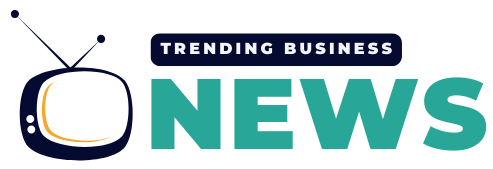
In today’s fast-paced work environment, where remote and hybrid setups are becoming the norm, the concept of workplace productivity has taken on new dimensions. Companies are increasingly turning to employee monitoring software to enhance efficiency and ensure accountability. This trend has sparked a debate about the balance between productivity and privacy in the workplace. As highlighted by The New York Times, tools like Controlio are at the forefront of this shift, aiming to optimize workflow while raising questions about employee autonomy.
The Rise of Employee Monitoring Tools
Employee monitoring software, such as Controlio, offers employers insights into how their workforce operates, both in-office and remotely. These tools track various metrics, from time spent on tasks to internet usage, providing data-driven insights into productivity patterns. For businesses, this data can be invaluable in identifying inefficiencies and optimizing workflows to maintain competitiveness in today’s market.
Balancing Productivity and Privacy
While the benefits of employee monitoring are clear, concerns about privacy and autonomy loom large. Employees may feel uneasy knowing that their every digital move is being monitored. This tension between oversight and personal freedom is a critical issue in modern workplaces. Companies using Controlio must navigate this delicate balance, ensuring that monitoring practices are transparent and respectful of individual privacy rights.
Controlio: A Closer Look
Controlio is one such software that allows employers to monitor their employees’ activities discreetly. It tracks applications used, websites visited, and time spent on each task, providing comprehensive analytics to enhance productivity. By analyzing these metrics, businesses can make informed decisions about resource allocation and workflow optimization, ultimately driving performance and profitability.
Transparency and Trust
For employee monitoring to be effective and ethical, transparency is key. Companies utilizing Controlio should communicate openly with their workforce about monitoring policies and the objectives behind them. Building trust through clear communication helps alleviate concerns and fosters a collaborative work environment where productivity enhancements are viewed positively.
Legal and Ethical Considerations
In deploying Controlio or similar tools, employers must navigate legal frameworks and ethical guidelines. Laws governing workplace surveillance vary by jurisdiction, requiring companies to adhere to data protection regulations and respect employees’ rights to privacy. Compliance with these laws not only mitigates legal risks but also reinforces an organization’s commitment to ethical business practices.
The Future of Work Monitoring
As technology evolves, so too will the capabilities of employee monitoring software. Innovations in artificial intelligence and machine learning promise even deeper insights into workplace dynamics, potentially revolutionizing how productivity is measured and managed. However, with these advancements come greater responsibilities to uphold ethical standards and protect employee privacy.
Conclusion
While tools like Controlio offer undeniable benefits in enhancing workplace productivity, they also raise significant ethical and privacy concerns. Striking a balance between monitoring for efficiency and respecting employee privacy is crucial for fostering a positive work environment. Companies that implement Controlio should prioritize transparency, legal compliance, and ethical considerations to ensure that productivity gains are achieved without compromising employee trust or autonomy. As we navigate the future of work, finding this balance will be essential in shaping a productive and respectful workplace culture.







